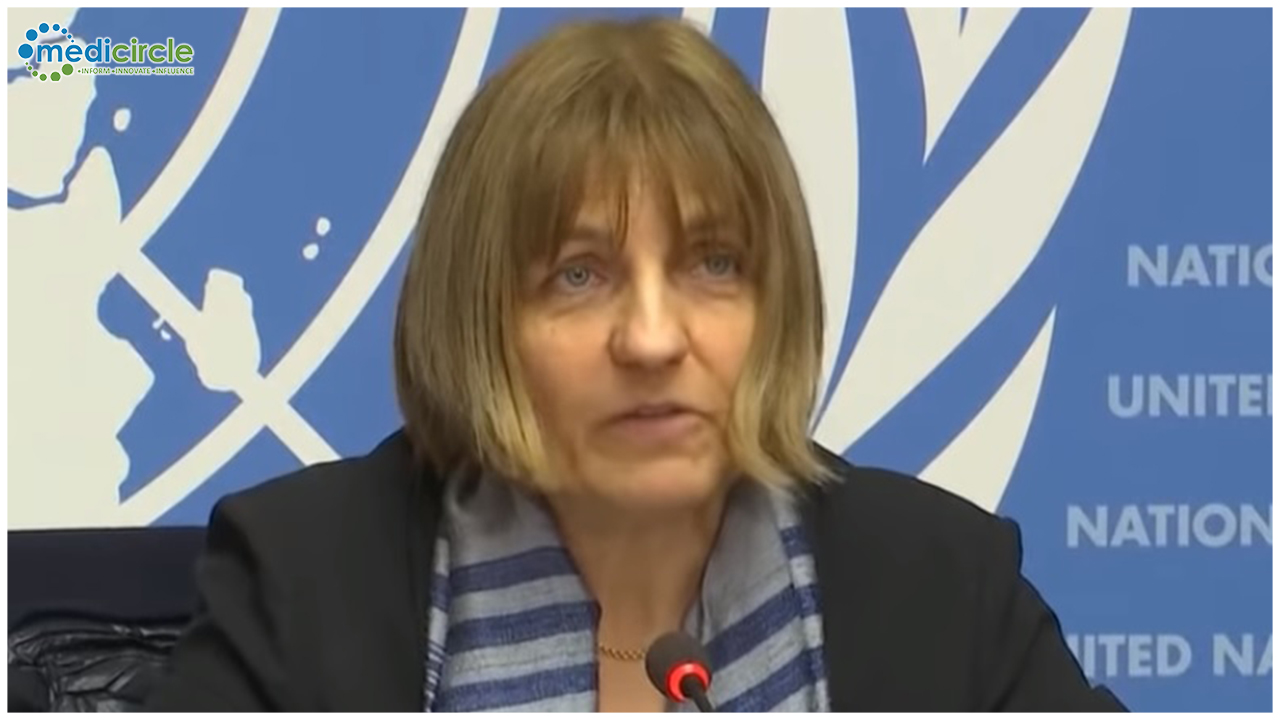Sylvie Briand, director of global infectious hazard preparedness for the World Health Organization (WHO), expressed concerns that misinformation about the new coronavirus could spark a run on medications, leaving people who are HIV positive without the drugs they need.
During a press conference on Tuesday, Briand addressed the "infodemic" that accompanied the 2019-nCoV epidemic that's infected more than 20,000 people in 24 countries and killed 420 people. Aside from monitoring the spread of the virus, Briand said, WHO officials have been combating the spread of misinformation.
"There is a kind of sense of panic, so we try to clarify what we know about the science, what is still unknown and to provide a recommendation that can help people protect themselves and their families," Briand said.
At this time, those protections include frequently washing hands with soap and water or an alcohol-based hand rub, coughing or sneezing into a tissue or an elbow and maintaining a distance of at least three feet from people who appear to be sick. Those recommendations do not include purchasing antiretrovirals, which reduce the risk of transmitting HIV and treat HIV infection.Briand told reporters that WHO has seen people on social media claiming that antiretrovirals could be useful for combating new coronavirus, raising concerns that "everybody will buy them and there will not be enough for HIV people."
On Sunday, Reuters reported doctors from the Rajavithi Hospital in Bangkok, told reporters they had success treating several patients who tested positive for 2019-nCoV. Through a mixture of the anti-HIV drugs ritonavir and lopinavir and flu drug oseltamivir, a 70-year-old Chinese woman's test results went from positive to negative within 48 hours.
"This is not the cure, but the patient's condition has vastly improved," Dr. Kriangska Atipornwanich, a lung specialist at Rajavithi, told reporters.
Source : Newsweek

 The misinformation about the new coronavirus could spark a run on medications, leaving people who are HIV positive without the drugs they need.
The misinformation about the new coronavirus could spark a run on medications, leaving people who are HIV positive without the drugs they need.











.jpeg)

.jpg)


















.jpg)